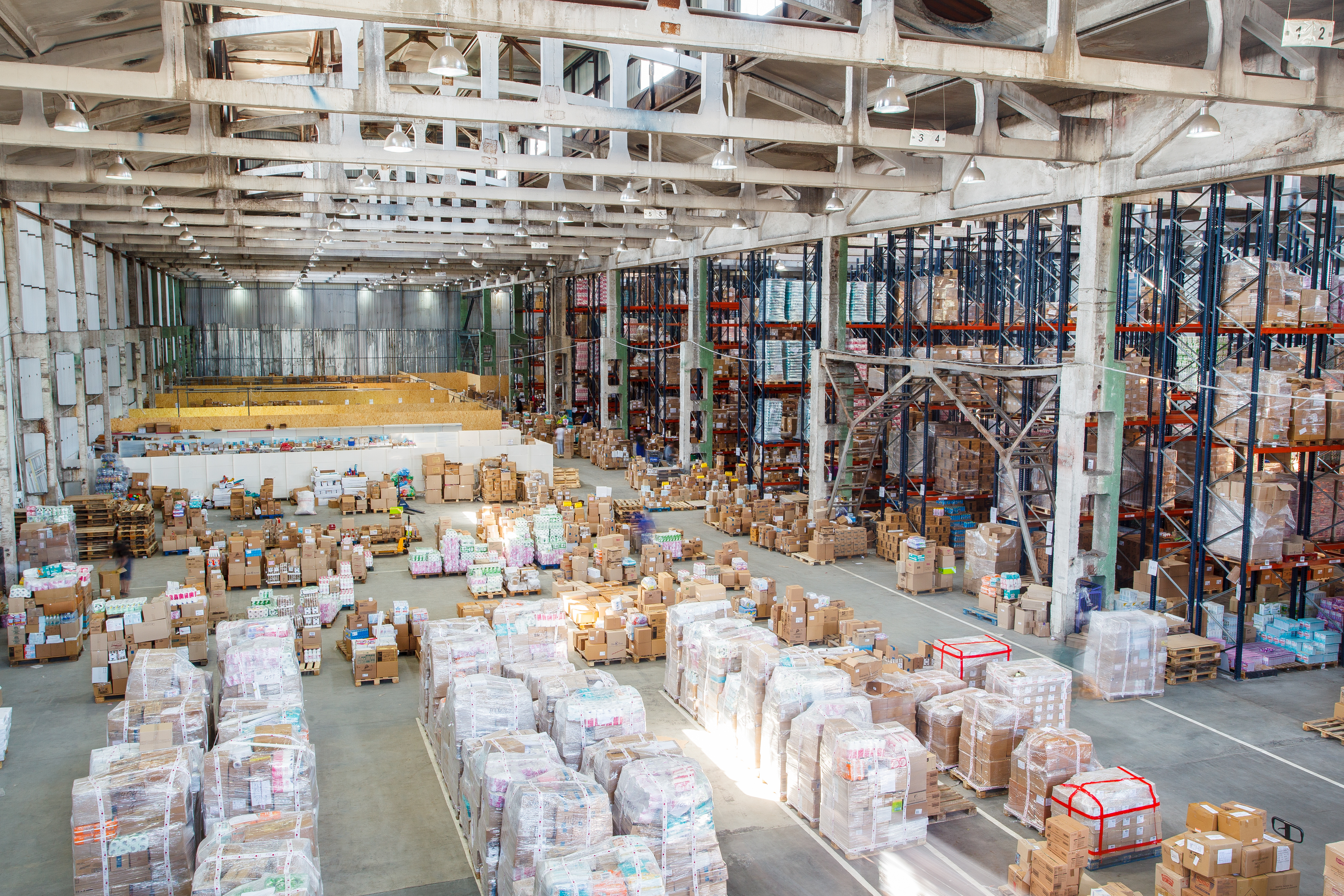Consider the Real Costs Before You Tell a Customer to Keep a Return
By Cathy Roberson, Reverse Logistics Association
Have you ever tried to return an item you purchased online only to be told to keep it? That’s happening more these days due to higher costs.
According to the RLA returns survey results for Q4/Q1, 61% of respondents noted higher costs. Among the cost pressures cited were:
- Freight costs
- Labor
- Inflation pressures
RLA’s Executive Director, Tony Sciarrotta, told supply chain publication DC Velocity in a December interview, “The cost of all of these returns used to be hidden in many different silos,” including transportation, customer service, and sustainability, with no high-level view of the end-to-end cost of a return, Sciarrotta explains. “Now, because of volume, companies are starting to see that they are paying more to ship goods back than [those goods are worth]. It’s a complicated world, and I’m glad that more people are paying attention to it.”
But is letting customers keep their returns a wise decision? It depends, but more times than not, no.
Sciarrotta views the practice as unsustainable and recently shared his top reasons why the practice is not practical.
- Environment impact – Will customers just throw away the returns they’re told to keep? Let’s hope not - about 6 billion pounds in returns end up in landfills. (Optoro, 2020). However, if retailers tell a customer to keep a returned item, a good practice is to recommend that they donate returned items to a charity of their choice.
- Brand name impact could be considered “negative” when returned goods appear in flea markets or landfills. Indeed, some retailers’ brands were negatively impacted by such practices as burning unsold and returned items to maintain brand integrity in recent years.
- Fraudulent activity will increase and be impossible to track or separate from legitimate, defective goods. Is the item really broken or torn? Tracking legitimate defective goods helps retailers identify potential trends, perhaps with a single supplier or a particular part. Data about “defective” product returns will not be tracked except for possible checkboxes on a website.
- Higher costs. For example, manufacturers will likely see costs increase because the rates on unhappy (versus defective) returns are very high. In addition, retailers expect full reimbursement for every credit issued. This may be better than the allowance, but it will be more unpredictable for financial predictions.
- Another consideration is that costs associated with physical returns can often be blended with asset recovery to reduce total losses. However, by granting full credits, no recovery is possible.
- Instead of considering the cost of return for one item, the cost of a returned item needs to be weighed for entire product lines.
Identifying returns costs across the entire organization is an important first step for businesses, and the RLA offers a calculator to help determine savings. Also recommended is the RLA article, Finance is from Mars, and Reverse Logistics is from Venus. Other cost mitigation considerations include:
- Renegotiating transportation contracts through a bid process and/or diversifying the types of providers.
- Utilizing third-party locations for returns drop-offs.
- Partnering with a specialized third-party solution provider.

 Cathy Roberson
Cathy RobersonCathy has over 20 years within the supply chain market including eleven years with UPS where she spent most of her time on competitive and market analysis for the Supply Chain Solutions subsidiary. After UPS, Cathy spent several years with various supply chain consulting firms focusing on market research before starting her own supply chain market research firm, Logistics Trends & Insights. Prior to UPS, Cathy worked at an e-commerce consulting start-up and at several libraries as a reference librarian. Cathy also writes for Air Cargo World magazine and other publications and is a frequent speaker at various supply chain conferences.
For questions or more information, please contact:
Cathy Roberson, RLA Research Manager: cathy@rla.org